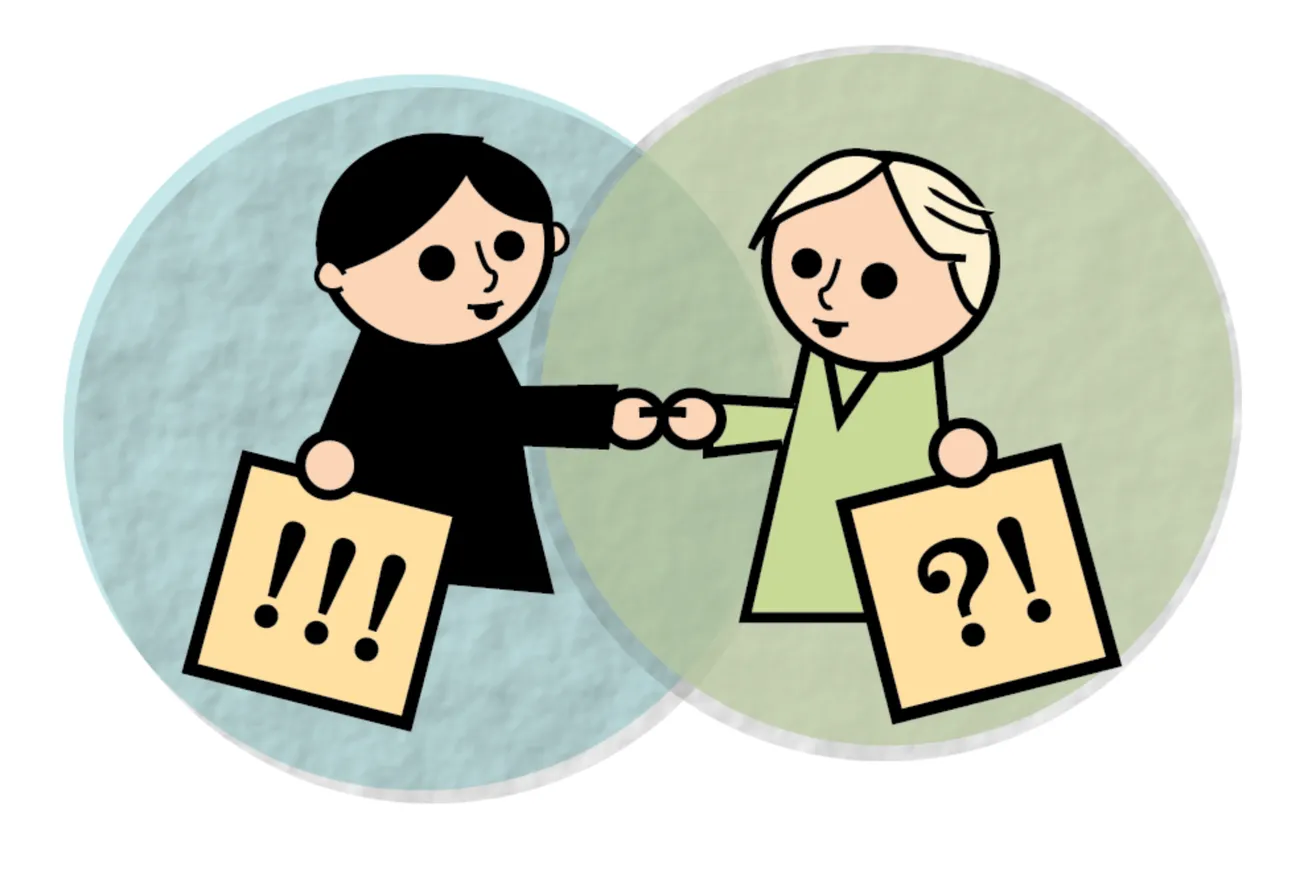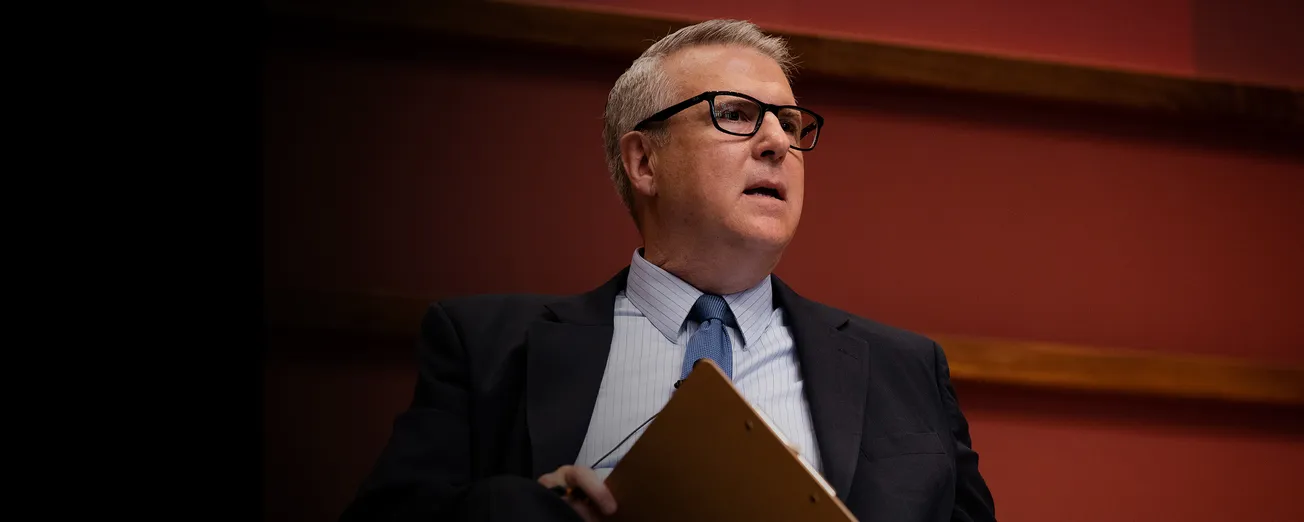Table of Contents
 Tom Friedman’s recent New York Times op-ed this past summer titled “The Launching Pad” was a rousing call to take America back to being a global leader in entrepreneurship. His rhetoric is inspiring. Unfortunately, broad rhetoric is probably the last thing this country needs at the moment, with all the promises and allegations of a particularly heated elections race being traded as fast as Internet memes on a rainy day. Mr. Friedman’s big-picture words are well intentioned, but the public would be better served with an informed rendering of what exactly is keeping this country from maxing out. One such barrier, I strongly believe, is the sheer lack of digital education in our public elementary and high schools, a deficit that if left unabridged could well be what, as the columnist writes, is keeping the American workforce from being productive, unrivaled, and our companies from innovating faster than anyone else.
Tom Friedman’s recent New York Times op-ed this past summer titled “The Launching Pad” was a rousing call to take America back to being a global leader in entrepreneurship. His rhetoric is inspiring. Unfortunately, broad rhetoric is probably the last thing this country needs at the moment, with all the promises and allegations of a particularly heated elections race being traded as fast as Internet memes on a rainy day. Mr. Friedman’s big-picture words are well intentioned, but the public would be better served with an informed rendering of what exactly is keeping this country from maxing out. One such barrier, I strongly believe, is the sheer lack of digital education in our public elementary and high schools, a deficit that if left unabridged could well be what, as the columnist writes, is keeping the American workforce from being productive, unrivaled, and our companies from innovating faster than anyone else.
What we need is a national Digital Citizenship curriculum, one that teaches students to turn the Internet from the being the biggest threat to academic achievement, productivity and security into the most valuable platform for education, research and personal growth; one that encourages students to learn math, science and writing while understanding their rights and limitations online. One that makes them respect creative work and innovation, and above all helps them become good consumers, better workers and unmatched innovators. Loosely defined, Digital Citizenship is an umbrella term for three important skill sets: safety and security, privacy and digital footprints, and information and research literacy[LW1] . Give young people today a strong grasp of these concepts, and you have set them up for success in a world where the digital will matter more than the physical.[LW2] Ignore these skills, and risk setting our youth behind their peers in countries that are ensuring children learn HTML as a second language, know what a proxy server is before they can do polynomial division, and use Twitter for news and activism rather than lunch updates.
What would such a curriculum look like? The devil is in the details, since the tradeoffs are not easily dismissible. In teaching students about cyber-bullying and how to fight it, do we unintentionally spark an unhealthy interest in digital delinquency? By teaching students how to use public forums responsibly, are we exposing them more to predators? By endorsing Internet use, are we inadvertently encouraging Internet addiction? Fortunately today’s children, who are often termed ‘digital natives’, do not have to be the guinea pigs for these questions.
The current undergraduate demographic at Stanford and colleges everywhere, eighteen and older, have already provided that user base, growing up in a world where the consumer web was built alongside our growth spurts and we encountered the first Internet trolls, hackers and spam bots. But we also encountered the first open-source projects, free works under Creative Commons, crowd-funding campaigns and public list-serves. We have the experience and the duty to work with parents, organizations and policy makers to solve those problems. Legislative support for involving youth in technology policy is arguably as important in the long run as a national innovation, cyber-security or monetary agenda.
But what is the link between Digital Citizenship and innovation, you ask? Contrary to popular belief, young people today do not spend all their time online looking at pictures of cats and tweeting about their outfits. Yes, the Internet can be distracting, self-encouraging, trivial, breeding ground for sociopaths. But it can also be a forum for debate, a platform for free education, a resource for fundraising, a global arena to display and share talent.
Either way, Internet use by young people today is based on the interaction of two key expectations—Freedom and Privacy. These two are incompatible, since free products don’t pay for themselves, advertising does. And personal information drives advertising. The quicker today’s youth understand that *they are *the product if they are not paying for it, the easier for new businesses to manage their users’ expectations without losing their trust. For it is trust that underscores every Google search, every Facebook signup, and every NetFlix subscription. Privacy is a populous time-bomb, and it will take a generation that is educated and informed in the laws of the digital world to allow companies to continue to build products that attract trusting users and avoid the regulatory teeth of Capitol Hill. And maybe then we can start talking about Mr. Friedman’s vision for America.
Anjney is a Sophomore at Stanford. He served as a 2012 Google Fellow in Washington D.C this past summer, where he worked on privacy and telecommunications policy.






